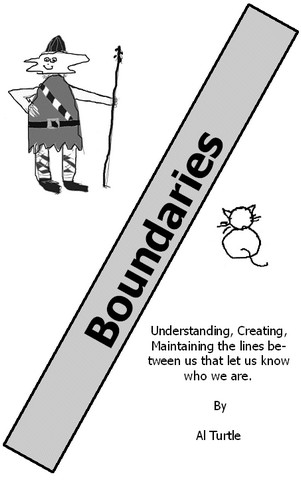Image was taken from http://www.alturtle.com/archives/173
My paper attempts to discuss how Chinese immigrant mothers adopt Western dietary behaviours. My inquiry into this topic is mainly motivated by my community partner, Frog Hollow Neighbourhood House (FHNH), which has dedicated itself to health and food education for a long time.
Sunstein and Chiseri-Strater contend, “Every fieldstudy has twin tales to tell. One is about what the culture means through the perspective of informants. The other is the story about how you, the outsider, conducted the research” (2012:365). My perplexity is that I position myself in my fieldsite not only as a student ethnographer, an outsider, but as a Chinese immigrant mother who shares the same cultural background with my informants, an “authentic” insider. This insider status helps me a lot to interact comfortably with the participants. My informants were curious about my experience, especially why I went back to school after immigration. “What is Anthropology?” Almost all my informants asked me. I was happy to share my experience with them, and it was an effective way to establish rapport.
However, while my insider status data benefits my data collection, I worried about my objectivity as a student ethnographer. My own personal experience and social characteristics definitely influenced the process of data collection, the quality of the materials that I gathered, and my interpretations of them. Am I, an “authentic” insider, able to be an objective ethnographer?
My worry lasted until I read Narayan’s article. Narayan argues that we are all “native” anthropologists with “positioned knowledges and partial perspectives”; therefore, she proposes to melt down divides between “insiders” and “outsiders” in anthropology (1993:679). I realize in my fieldsite that my authentic insider status does not necessarily mean that I can represent authentic insiders’ perspective. Chinese immigrants’ dietary behaviours are not homogenous, and there are differentiated dietary subcultures in different ethnic Chinese groups. However, when I reflected on various data and compared them with existing literature, I felt I gained some objectivity in my research.
Furthermore, Narayan’s article reminds me to examine “the quality of relations with the people we seek to represent in our texts: are they viewed as mere fodder for professionally self-serving statements about a generalized Other, or are they accepted as subjects with voices, views, and dilemmas” (ibid.:672). I hope I could develop some ties of reciprocity with my informants, so I often shared my research finding with them. For example, most mothers reported to me that they did not change their eating habits after immigration. However, after analyzing their information, I find many of them do have, more or less, adopted some Western eating habits. While I recorded their initial response during the interviews as my data, I discussed with some informants during my following visits. They agreed with me later that that their eating habits did change a lot gradually and unconsciously, and we discussed further whether these changes were desirable. I also collected some nutrition information regarding Chinese cuisines and presented them in the June 9th CAP-C Parent Conference, which were welcomed by the visiting parents. At this point, my insider status not only benefited my fieldwork, but let me develop reciprocal relationship with my informants and my community partner.
References Cited:
Narayan, Kirin
1993 How Native Is a “Native” Anthropologist? American Anthropologist 95(3): 671 – 686.
Sunstein, Bonnie Stone and Elizabeth Chiseri-Strater
2012 FieldWorking: Reading and Writing Research. Boston/New York: Bedford/St. Martins.

